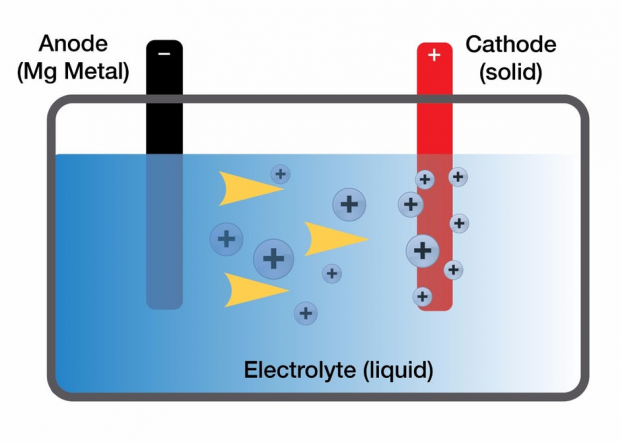
Breaking News
 Pentagon To Send 200 Troops to Nigeria
Pentagon To Send 200 Troops to Nigeria
 Trump Says He May Send Second Aircraft Carrier to Middle East To Prepare for Potential Attack...
Trump Says He May Send Second Aircraft Carrier to Middle East To Prepare for Potential Attack...
 A Market Crash and Recession Are Bullish, Not Bearish
A Market Crash and Recession Are Bullish, Not Bearish
 What Are They Still Hiding? New Epstein Questions Point to a Much Bigger Cover-Up
What Are They Still Hiding? New Epstein Questions Point to a Much Bigger Cover-Up
Top Tech News
 Drone-launching underwater drone hitches a ride on ship and sub hulls
Drone-launching underwater drone hitches a ride on ship and sub hulls
 Humanoid Robots Get "Brains" As Dual-Use Fears Mount
Humanoid Robots Get "Brains" As Dual-Use Fears Mount
 SpaceX Authorized to Increase High Speed Internet Download Speeds 5X Through 2026
SpaceX Authorized to Increase High Speed Internet Download Speeds 5X Through 2026
 Space AI is the Key to the Technological Singularity
Space AI is the Key to the Technological Singularity
 Velocitor X-1 eVTOL could be beating the traffic in just a year
Velocitor X-1 eVTOL could be beating the traffic in just a year
 Starlink smasher? China claims world's best high-powered microwave weapon
Starlink smasher? China claims world's best high-powered microwave weapon
 Wood scraps turn 'useless' desert sand into concrete
Wood scraps turn 'useless' desert sand into concrete
 Let's Do a Detailed Review of Zorin -- Is This Good for Ex-Windows Users?
Let's Do a Detailed Review of Zorin -- Is This Good for Ex-Windows Users?
 The World's First Sodium-Ion Battery EV Is A Winter Range Monster
The World's First Sodium-Ion Battery EV Is A Winter Range Monster
 China's CATL 5C Battery Breakthrough will Make Most Combustion Engine Vehicles OBSOLETE
China's CATL 5C Battery Breakthrough will Make Most Combustion Engine Vehicles OBSOLETE
Magnesium battery breakthrough means safer batteries that won't explode

A recent study discovered a breakthrough in magnesium batteries that makes these energy devices safer, as reported by ScienceDaily.com.
Unlike the traditional lithium ion batteries, which had been making headlines because of explosion, magnesium batteries are not flammable or subject to exploding. However, their energy storage has been limited. (Related: Lithium polymer batteries likely replacement for dangerous lithium ion in laptops, says Sony.)
The researchers from the University of Houston discovered a new design for the battery cathode — the electrode from which the current flows — that drastically increased the storage capacity and upending conventional wisdom that the magnesium-chloride bond must be broken before inserting magnesium into the host. The study was published in Nature Communications.



